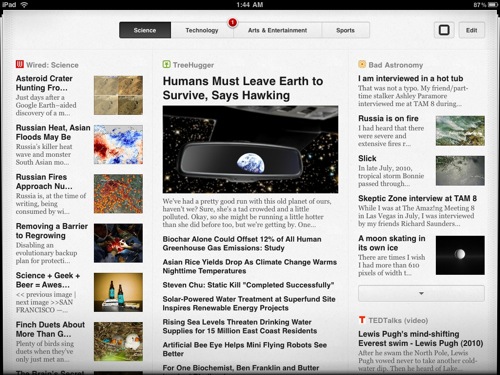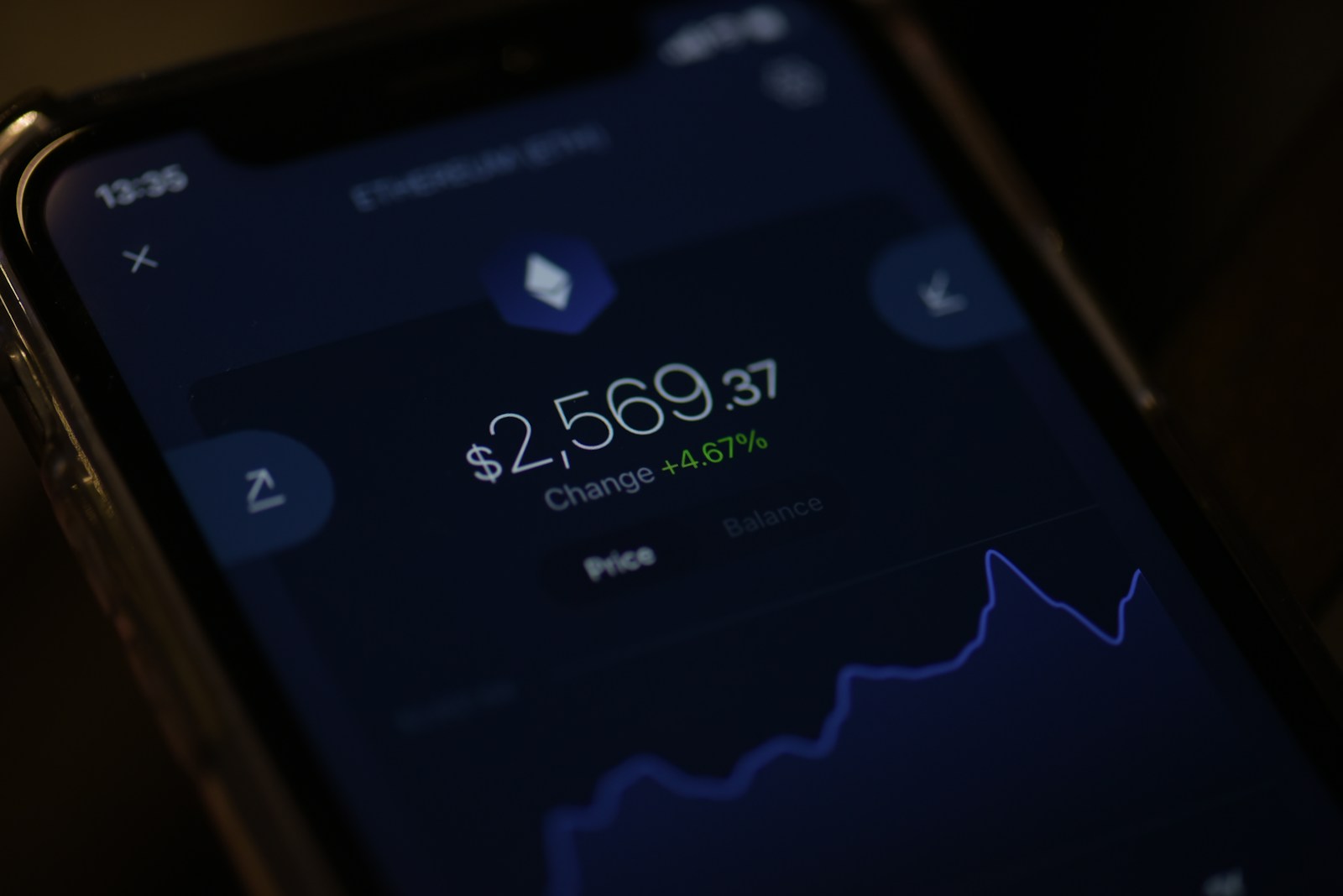Ours is a society where you never have to step outside your comfort zone. Caller ID means you don’t have conversations with people you don’t want to talk to. On-line dinner reservations mean you don’t have to talk to a bored hostess. Self check-out at the grocery store means you don’t have to make small talk with the clerks. Even our news and internet is customizable to limit our exposure to things we don’t want to see.

Enter: the “Daily Me”
The “Daily Me” is a term coined by Nicholas Negroponte to describe customizable virtual newspapers. Do you like business? That’s on the front page. Do world affairs bore you? Voila- you don’t even have to see anything even mentioning other countries!
So, you select only what you want to see. Yeah, that’s great; you never have to look at something you don’t want to again. But what else are you seeing daily? Nothing. It’s kind of like tunnel vision- you’re not seeing anything else. And when you’re not seeing anything new or random that’s outside of what you expect, you’re limiting yourself.
For example, you’re someone that loves world news. You eat it up, reading every article you can. Yet, your new roommate enjoys reading articles about American businesses. So what do you talk about if you want to talk about the news? Yeah, it’s pretty hard. We’re fragmenting ourselves with the limiting what we’re seeing and talking about.
This conversation problem is also apparent in politics.
Say you customize your news input so you only get news from a liberal-leaning source. Now, you’re completely limiting your worldview. Sure, that article you just read about why Obama’s economic policy rocks was great, but what about an article on why it’s not so stellar? There are two sides and spins to everything, and without exposure to both sides of issues your view is polarized. And, polarization means less ability to have civil discourse that doesn’t end up in argument. (Also, check out this article about how the “Daily Me” is bad for democracy)
The “Daily Me” problem is getting worse as more aspects of our life become customizable.
For example, many of us have “home” pages that we see whenever we get on the Internet. These pages are filled with links and pieces of the internet that are relevant to our lives. Our phones have the same issue; everyone has different apps and downloads. While diversity and the ability to choose are great, keep in mind that seeing the same things daily is less stimulating to the brain than seeing new things that aren’t your norm.
How can you make your “Daily Me” less about the “me” and more about the “we?”
Be sure to include different news sources in your daily perusal of what’s going on. For example, if you have an app for conservative-leaning Fox on your smart phone, be sure to download (and use!) an app for a more liberal news organization, such as MSNBC, as well. Also, change up your home page. Get different widgets or apps or links or whatever else is on your home page. Expand your horizons!
If you’re a college student who reads the news, kudos! It’s so important to stay informed and be a part of the greater society that exists outside of our respective campus bubbles.




Great point!